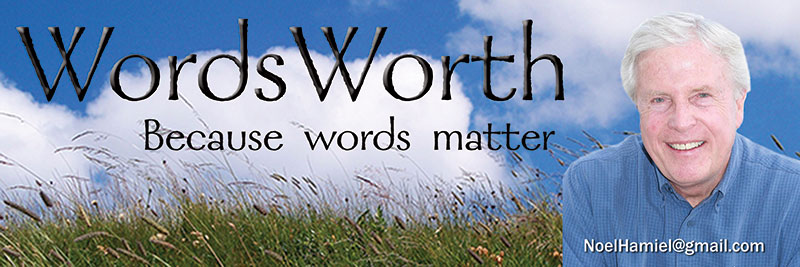Summer reading: “There is a temperate zone in the mind, between luxurious indolence and exacting work; and it is to this region, just between laziness and labor, that summer reading belongs.” – Henry Ward Beecher, American social reformer
The green, hard cover volume on my library shelf has intrigued me for decades, and this summer I finally read it.
It is, after all, a time to crawl into that hammock, forget the yard work, and catch up on all those unread books.
Obviously, “The Witch of Wall Street” is not a current best seller. In fact, I doubt that many today have heard of the work written in 1935 by Boyden Sparkes and Samuel Moore.
It is the story of Hetty Green, who by most accounts was the richest woman in America in the early 1900s. Green got her start the old-fashioned way – she inherited $6 million when her father, a prosperous New Bedford, Ma., whaler, died in 1865. That sum would be nearly $100 million in today’s dollars.
The book fascinates because of when Hetty Green lived – during the Gilded Age, when such names as Rockefeller, Carnegie, Vanderbilt, Mellon and Gould dominated the financial world. She was the sole woman who moved in those circles. How she built on her inherited wealth was summed up in her own words: “I buy when things are low and nobody wants them. I keep them until they go up and people are crazy to get them. That is, I believe, the secret of all successful business.”
In other words, buy low, sell high. Sounds easy and has been the mantra for shrewd investors forever.
The other facet of Green’s life as detailed in the book was her incredible frugalness. She made Ebenezer Scrooge look like a spendthrift. She moved constantly to avoid paying taxes, she owned only a couple of dresses, and when her young son, Ned, broke his leg, she went to a free clinic for medical attention. The leg didn’t heal properly and eventually had to be amputated.
I don’t know if you can find “The Witch of Wall Street” in your local library, but if so it would be worth the time, which is running short for summer reading.
Other recommendations:
“Think and Grow Rich,” by Napoleon Hill. This books sits on the shelf next to “The Witch of Wall Street” and despite when it was written, 1937, it has aged well.
“Unfreedom of the Press,” by Mark R. Levin. If you think the mainstream media is biased, this book will confirm your suspicions.
“The Earth is Weeping,” by Peter Cozzens, offers a balanced account of the Indian Wars in American history.
Pleasant reading!
Aug. 21, 2019
